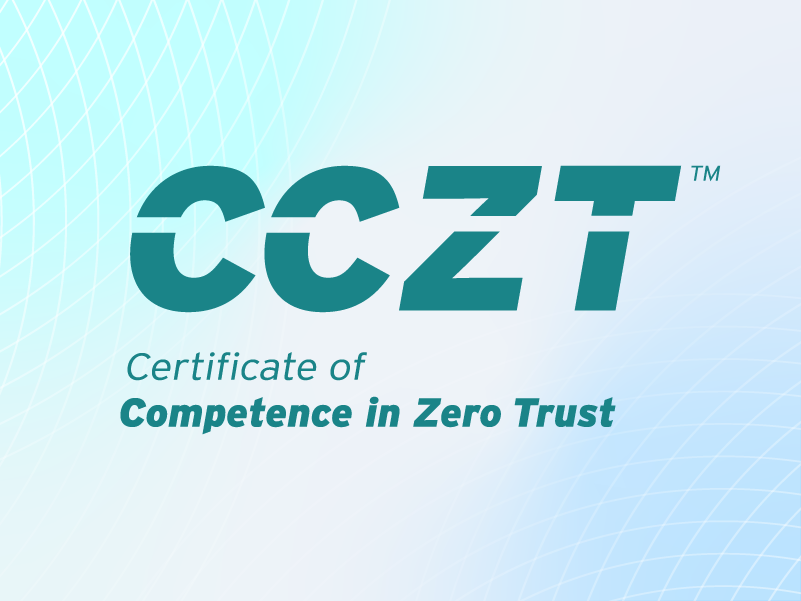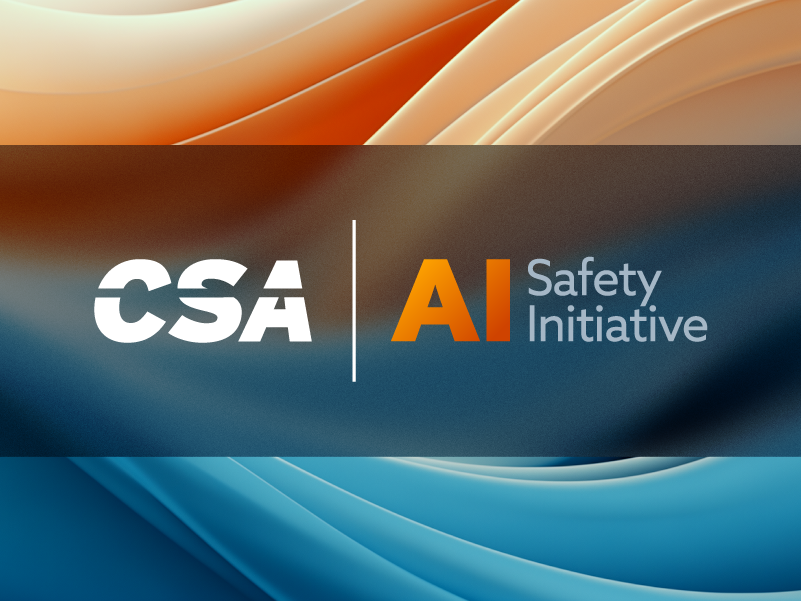Will You Remain Relevant in AI's World?
Published 07/28/2023
Originally published by CXO REvolutionaries.
Written by Daniel Ballmer, Senior Transformation Analyst, Zscaler.
The recent advancement of AI platforms such as ChatGPT, Dall-E, Midjourney, and MS CoPilot have thrown an already fast-moving industry into overdrive. Today’s tech workers have endured a crushing round of layoffs that eliminated an estimated 131,000 jobs. As the recently-unemployed struggle to find their footing, AI threatens to assimilate the very professions they previously occupied. The tech sector is in a period of massive upheaval, and professionally surviving through the turmoil requires careful planning.
Why so many tech layoffs?
There is no singular factor to blame for the recent loss of tech jobs, but rather a combination of events and economic forces. According to Forbes, tech job losses are a reaction to companies over-hiring during COVID-19 and automation. A study they cited claims the median employment time for laid-off workers was roughly two years. This lends weight to the theory that employers over-hired during the pandemic. The median experience level of laid-off employees was 11.5 years. This runs contrary to the idea that new COVID hires are the ones experiencing job loss. Experienced professionals, who generally command higher salaries, seem particularly affected by the tightening economy.
Notably, human resources (HR) departments accounted for roughly 28% of layoffs at tech companies. It stands to reason that companies need fewer recruiters and HR professionals as they transition from hiring to downsizing. However, human resources jobs are also being automated by major employers such as Amazon, which uses AI to evaluate segments of its workforce.
Why did tech companies hire so many people during COVID-19? The pandemic caused a surge of consumer spending to flow toward tech companies as people adopted online alternatives for shopping, entertainment, and socializing. With COVID-19 in the rearview mirror, consumer spending is returning to previous norms and patterns. The tech companies that accelerated hiring to meet a surge of pandemic-level buying are now letting people go as consumer demand drops off.
In normal circumstances, the natural ebb and flow of the economy is little cause for concern. Companies hire during boom times, and lay off during busts. Yet, the introduction of highly capable AI changes introduces a new dynamic for tech workers. Will tech companies resume hiring when their economic fortunes improve, or will AI fill many of the roles once held by professionals?
What careers are risky, and what should I do?
Tasks that can be automated are exceptionally vulnerable to AI replacement. Business Insider recently listed ten roles that are likely to be impacted by AI. They include:
- Tech jobs - software engineers and analysts
- Media jobs - content creation, advertising, and journalism
- Legal jobs - legal assistants and paralegals
- Finance jobs - financial advisors and analysts
- Market traders
- Teachers
- Graphic designers
Accountants, market research analysts, and customer service workers round out the rest of the list. In each case, AI is capable of automating or performing critical aspects of these professional fields. This does not directly translate to an apocalyptic end for these professions. In many cases, AI may simply reduce the number of people needed on a team by augmenting the productive output of fewer people.
Those interested in remaining in technology may want to heed the old saying, “if you can’t beat them, join them.” The field of AI is heating up, creating new opportunities for data scientists and prompt engineers. Discerning IT professionals may want to consider joining the side that is pushing AI adoption forward, rather than the side losing ground.
Of course, data science is not for everyone. Workers leaving the tech industry for other fields may want to consider careers in AI-resilient sectors. Healthcare seems particularly safe from AI infiltration. Nurse practitioners, physical therapists, and paramedics all perform jobs that highly refined computer code cannot. The same is true for dentists, dermatologists, and surgeons.
In fact, any job that requires a person to be physically present is relatively safe from AI. Non-medical professions such as firefighters, game wardens, and choreographers are not threatened by advanced machine learning algorithms. Likewise, interior designers, landscapers, and religious directors have little to fear. People working in skilled trades such as plumbers, electricians, and construction workers will likely feel little impact from the rapid advancement of artificial intelligence.
Making friends with AI
A third option, for those wishing to keep their current careers, is to make peace with AI and learn how to use it effectively. While AI may become increasingly better at writing code, it will still need human software developers to guide and monitor it. Devs who can write clean code and effectively wield AI tools will still be in demand. The same is true for analysts, writers, and graphic designers. A popular phrase found on social media encapsulates this sentiment by stating, “AI won't take your job. A person using AI will.”
Given this possibility, the future looks considerably rosier if you are the one using AI.
Related Resources



Unlock Cloud Security Insights
Subscribe to our newsletter for the latest expert trends and updates
Related Articles:
The Great Divide: How AI Is Splitting the Cybersecurity Landscape
Published: 02/12/2026





.jpeg)
